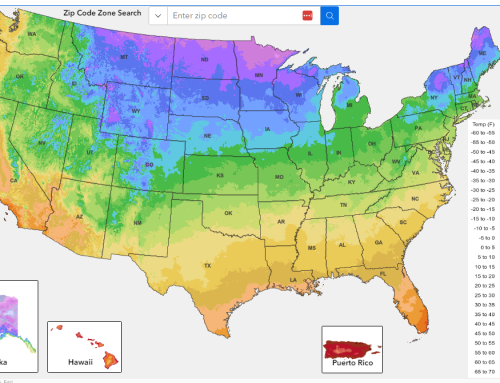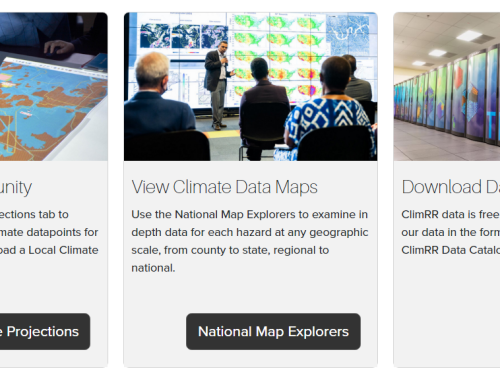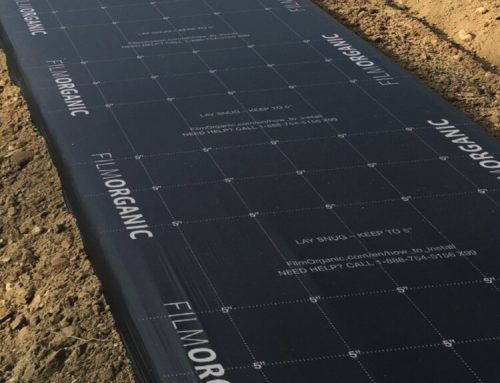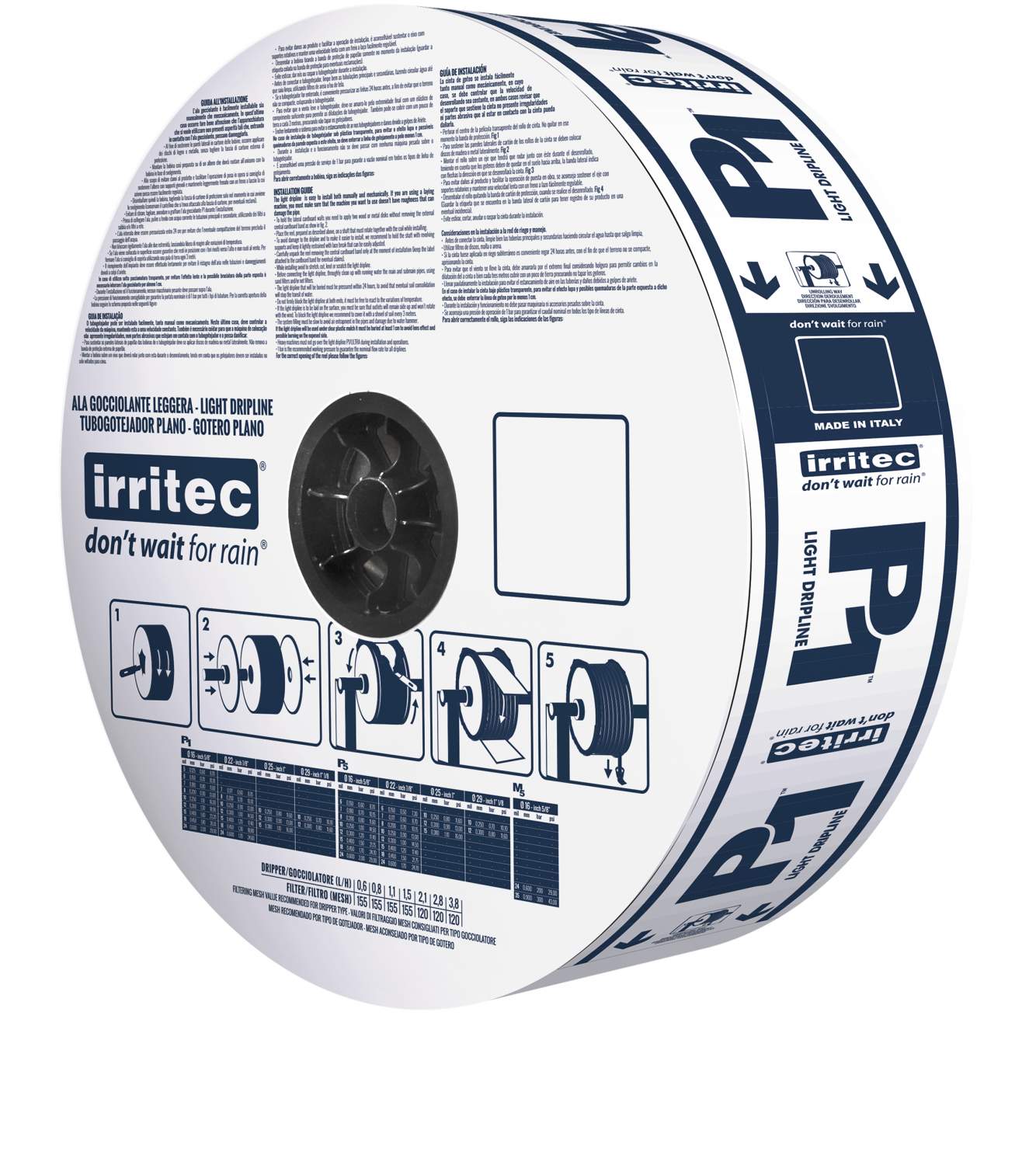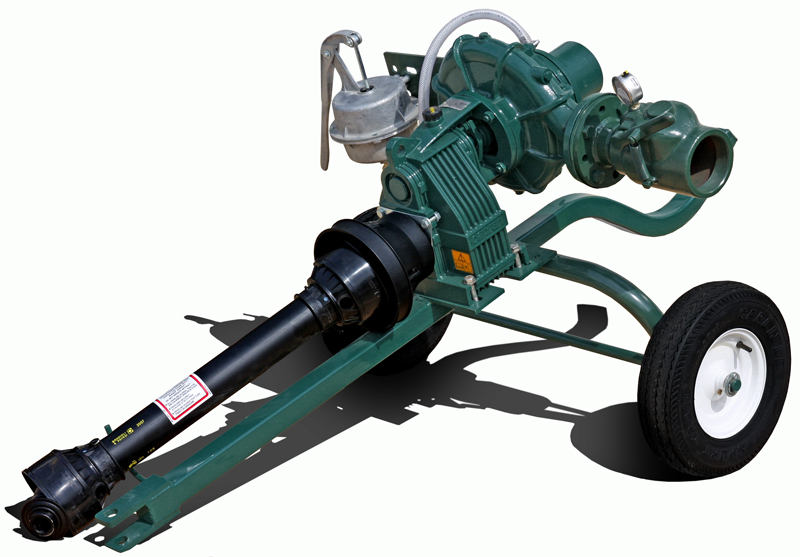The latest posting from Science Alert shares that “For the first time, scientists have named a heat wave. They called it Zoe.”
“According to USA Today, the Spanish scientists bestowed the moniker on a heat wave that sent temperatures soaring to 112 degrees Fahrenheit (44.4 degrees Celsius) in Seville between July 24 and July 27.”
Scientists have named other weather systems for years (think hurricanes) in an effort to educate and warn people about pending dangerous weather events in advance so they can better prepare for the coming system.
Having grown up in Florida, my family (and the neighbors) had a plan for hurricanes.
- Pick up all the items in the yard that you didn’t want to blow away
- Use duct tape to secure the windows using a large X pattern. (It wouldn’t stop the window from breaking but it did help prevent glass from flying around
- Cover the windows with the plywood we had carefully cut, marked by location and stored in the garage
Finally, round up all the neighbors for the traditional hurricane party which included card games (poker), loud music and plenty of food. For as long as the electricity held out. Everybody brought what they could (ice, ice chests, drinks, food, extra batteries, etc.). Those were interesting times where the entire neighborhood came together to make sure everyone remained safe.

Sunshine!
I am not sure how to prepare for a heat wave as a neighborhood event, but here are some ideas from the National Weather Service:
Monitor the weather, you can use the Bureau of Meteorology Heatwave Service.
Know who you will call for help.
Know who you will check on, such as neighbors, friends, relatives and those isolated.
Understand how to manage your medical condition in the heat.
Store enough medication at the right temperature.
Check fridges, freezers, fans and air-conditioners work well.
Have cool packs and make ice cubes.
Check you have enough food and drinking water.
Create cool rooms and cross breezes in your house.
Protect windows from direct sun by using blinds or curtains.
Know local cool public spaces.
Have a power failure emergency kit.
Be bushfire prepared.
Hopefully we will not need a checklist for a heat event, but based on the current climate conditions (and the thermometer) it looks like it can’t hurt to be prepared. My wife and I are making a list of neighbors to look in on and we picked up a few extra cases of water. Stay safe!


